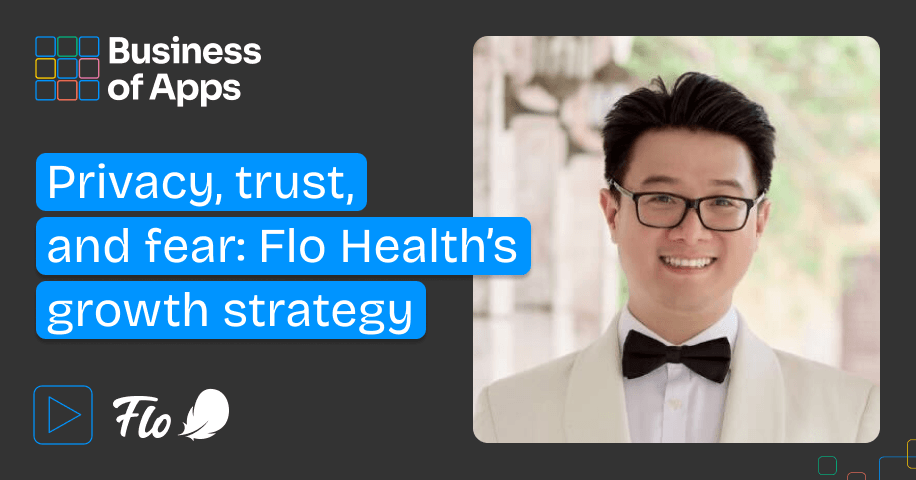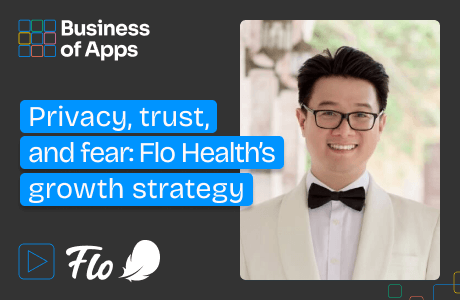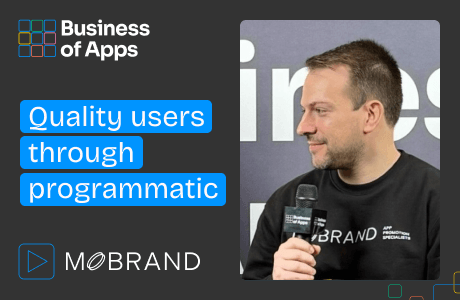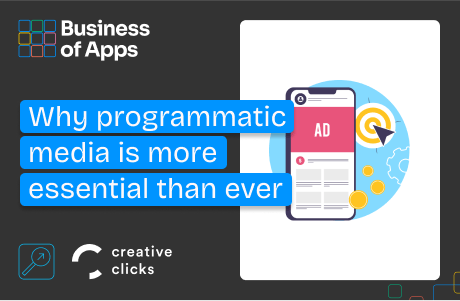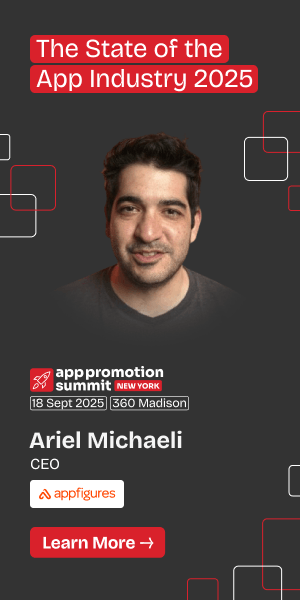Binh Dang has a simple answer when asked about Flo Health‘s core marketing strategy: “Fear.”
Not the fear that drives users away, rather the fear that brings them to download one of the world’s most successful female health apps. As Head of ASO at Flo, Dang has built a marketing philosophy around something most companies avoid discussing: the genuine anxieties that drive user behavior.
In this episode of App Talk recorded at App Promotion Summit London 2025, Dang reveals how Flo transformed user privacy from a compliance headache into their strongest growth driver, and why their approach to acquisition involves literally stopping strangers on London streets.
The big red button that changed everything
When Roe v. Wade was overturned in 2022, Flo Health fast-tracked the launch of its “anonymous mode” feature. This represented a fundamental reimagining of the relationship between user privacy and business growth, far beyond any public relations gesture.
“We have the option so powerful, we don’t even have the ability to gather your data,” Dang explains. “You have the power now.”
When activated, anonymous mode completely detaches all identifiable data from a user’s health information. The feature operates with such comprehensive protection that even if government bodies requested user data, Flo couldn’t provide it for users who chose anonymity. The company has deliberately engineered itself out of the surveillance equation.
Most companies would have marketed this as a technical achievement — encryption protocols, data architecture, security certifications. Flo took the opposite approach. They sold emotional relief.
Privacy, trust, and fear: Flo Health’s growth strategy
Source: App Promotion Summit
Marketing through emotional triggers, not feature lists
Dang’s team understood they were solving a psychological problem masquerading as a technical one. Women weren’t seeking better encryption; they wanted to sleep better at night.
“Fear,” Dang reveals when asked about their core marketing trigger. “Or the remedy to fear. The solution is to take away their fear and give them a sense of confidence.”
This realization revolutionized how Flo communicates. They abandoned feature descriptions entirely. Where other apps might advertise “period tracking” or “pregnancy monitoring,” Flo talks about planning your days around your cycle, or knowing when you have the best chance to conceive. The distinction matters enormously: one approach sells functionality, the other sells control over your life.
The counter-intuitive privacy strategy
Most marketers view privacy regulations as handcuffs. Dang sees them as competitive moats. His team discovered something that defies conventional wisdom: the more privacy control you give users, the more data they voluntarily share.
Users who trust Flo willingly indicate traffic sources and provide feedback that would be impossible to gather through tracking. This creates a virtuous cycle, Dang says. Enhanced privacy builds trust, which generates voluntary data sharing, which enables better marketing optimization.
The company has inverted the traditional surveillance model. Privacy protection becomes a prerequisite for data collection, not an obstacle to it.
Street-level market research
While most app marketers obsess over attribution models and funnel optimization, Flo’s team regularly takes phones to libraries and bars, asking strangers to download the app and provide real-time feedback.
This approach yields insights that no analytics dashboard can capture. Users reveal their hesitations, misunderstandings, and emotional responses in ways that heat maps and conversion funnels never could.
“We went out onto the streets of London to connect with the community offline. In person. And it worked pretty well,” Dang explains.
The method extends to their app store strategy as well. Product and marketing teams — not just customer support — respond to negative reviews, treating them as educational opportunities rather than reputation management problems.
What does this mean for app marketers?
Flo’s success offers several strategic lessons for the broader app marketing industry:
Privacy can be a differentiator: Instead of viewing privacy regulations as constraints, successful companies are turning them into competitive advantages.
Emotion beats features: Users make decisions based on how apps make them feel, not what those apps technically do.
Community is your best marketing team: Word-of-mouth remains the most powerful acquisition channel, especially for apps solving intimate or personal problems.
Offline still matters: In an increasingly digital world, real-world connections and research provide insights that online analytics can’t match.
Authenticity scales: Honest, transparent communication builds trust that translates into sustainable growth.
As the app ecosystem becomes more crowded and privacy-focused, Flo’s approach offers a blueprint for companies willing to bet on user empowerment over data extraction. In 2025, the apps that win will be those that make users feel more powerful, not more surveilled.
This interview is part of our ongoing App Talk series, where we dive deep into the strategies behind today’s most successful apps. Explore all our App Talk interviews here.



